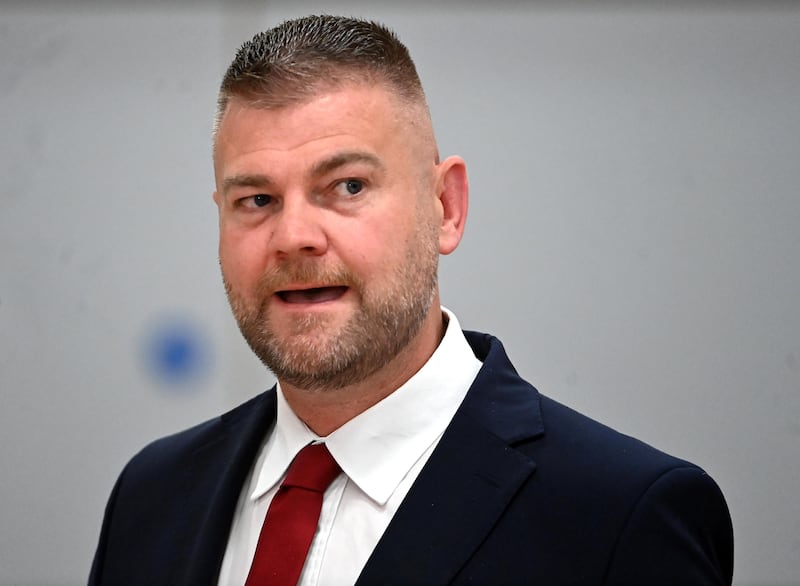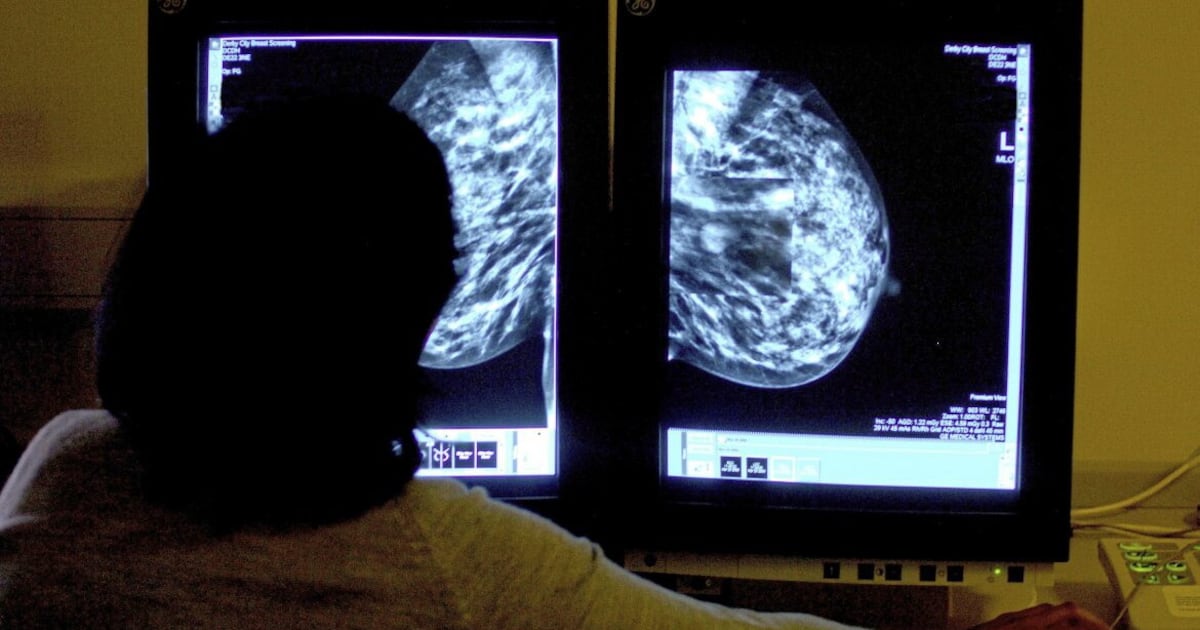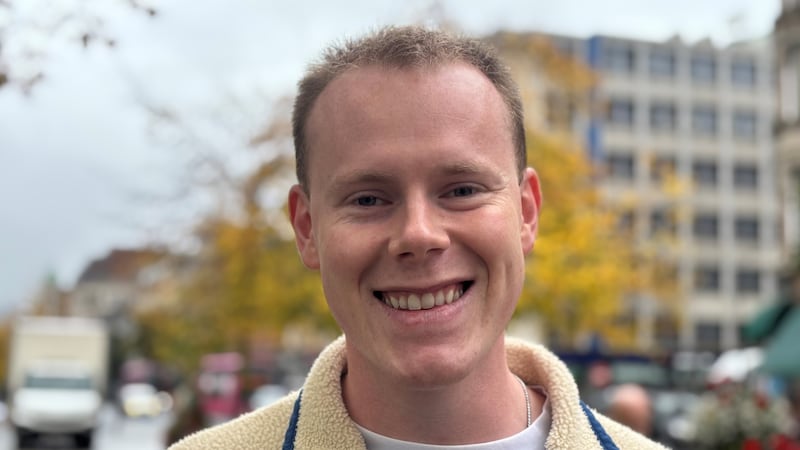The latest cancer waiting times in Northern Ireland have been described as “unacceptable” and “scandalous” as targets continue to be missed.
The quarterly figures for April to June this year looked at three main areas.
For starting cancer treatment after a decision to treat (31 day target), the figures show that Of 2,607 patients starting treatment in this quarter, 2,291 (87.9%) were within the target.
For patients starting treatment after an urgent GP referral (62 day target), of 1,239 patients starting treatment, 403 (32.5%) did so within the target.
For patients seen by a breast cancer specialist after an urgent referral (14 Day Target), of 1,947 patients seen, just 129 (6.6%) did so within the two-week target.
Liz Morrison is Cancer Research UK’s public affairs manager in Northern Ireland.
“It’s unacceptable that people are still waiting too long for a diagnosis and treatment, something which causes real distress,” she said.
“Patients may miss opportunities for some treatments, or become too sick to receive them, which can also lead to poorer survival.
“It’s essential we start to see progress on meeting cancer waiting time targets which are missed time and time again.
“Performance against these targets in Northern Ireland is by far the worst in the UK.”
Since the appointment of a new lead to tackle hospital waiting times, Professor Mark Taylor, she urged the Department of Health to make cancer waits “a clear priority”.
“We are also calling for measures to prioritise the safety of those most at risk of poor outcomes due to delays.
“Strengthening the capacity of health services by investing in staff, equipment and innovation will be essential to reducing waiting times and meeting patient needs.”
The charity highlight that in the last quarter, April to June, around 840 (67%) patients waited longer than 62 days to start treatment for cancer after an urgent GP referral for suspected cancer.
They called the performance in this quarter the third worst on record, while all health trusts missed the target.
At least 95% of patients with an urgent referral for suspicion of cancer must start treatment within 62 days—but this has not been met since it was introduced in 2008.
 SDLP MLA Colin McGrath. (Oliver McVeigh/PA)
SDLP MLA Colin McGrath. (Oliver McVeigh/PA)
The SDLP’s Opposition health spokesperson Colin McGrath said a “shocking increase” in cancer waiting times over the past 10 years exposed the devastating impact of “Executive inaction” for patients and families.
He added that just a third (32.5%) of patients treated after an urgent GP referral started their treatment with the 62-day target, compared to 64% 10 years ago.
For breast cancer, he said the 6.6% of patients seen within the 14-day target compared to 84% 10 years ago.
“These figures are scandalous, and every missed target represents a life put at risk,” he said.
“The shocking increase in waiting times for cancer treatment over the past ten years is the direct consequence of years of delay, neglect, political collapse and lack of planning by successive health ministers.
“I am concerned that the current Executive is simply not able to grasp the severity of this problem.
“We have heard lots of excuses around what is happening in the background, but very little accountability or responsibility taken. People need and deserve to see tangible results. When will any progress be seen on the ground?”
Since the introduction of the new encompass IT system, the Department of Health has said that the new data cannot be directly compared with figures before it was installed.
As the new system continues to bed in, they should be considered as “official statistics in development”.
Mr McGrath said the reality was that patients are waiting longer and “services are falling apart.”
“Cancer doesn’t wait for a new data system to bed in, and those struggling with this illness know only too well that in terms of diagnosis and treatment, time is crucial,” he said.

